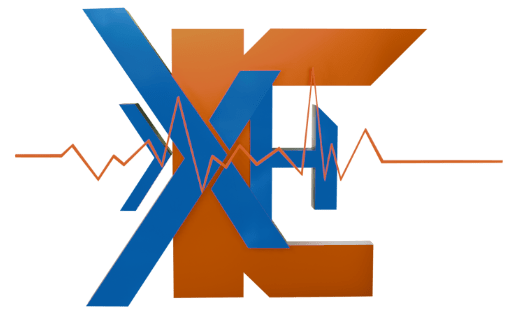
Is Your Credit Score Affected by Layaway?
January 14, 2022
How Does Over Drafting Affect Your Credit Score?
January 16, 2022Debt is familiar to Americans. A record $14.96 trillion in debt is encircling 80% of them, according to the Federal Reserve.
Before we get into the details, debt is simply the obligation to pay money to anyone. If you have debt, you also likely have a repayment agreement. What makes things more complicated is the different types of debt.
Learn more about the three types of debt – secured debt, unsecured debt, and revolving debt.
SECURED DEBT
To reduce lending risks, secured debt is debt backed or secured by collateral. The bank seizes the collateral, sells it, and then uses the proceeds to repay the debt if the borrower fails to repay the loan.
An asset that is used to secure a debt or debt instrument is now considered a security. This is the origin of the term secured debt.
Loans with collateral are considered significantly less risky than unsecured loans or loans without collateral. In addition, you get a better interest rate because the bank is more confident that you will repay the loan.
Individuals and companies with low credit scores can usually only take on secured debt. Due to the lenders’ lack of confidence that the borrower can repay the debt, they typically require collateral in order to reduce risk.
Although collateral is not required for a personal loan, the borrower can provide some form of security to ensure that they receive a lower interest rate. A secured loan can be added to your credit report if you take it out. If you make on-time loan payments, this may initially lower your credit score, but the long-term effect on your credit score can be positive.
UNSECURED DEBT
Unsecured debt is a loan that is not secured by collateral. If a borrower defaults on the loan, the lender won’t recover the investment since the borrower did not put up the asset as security for the loan.
Due to the risk involved for the lender, unsecured loans generally carry a higher interest rate than secured loans. Therefore, even though they may differ slightly, secured and unsecured loans can have similar effects on credit.
Lenders check both the credit score and credit report before approving a loan. Afterwards, the lender notifies the credit agency that you have taken on debt. Initially, it may lower your credit score, but if you manage to make the repayments on time, it can improve it.
REVOLVING DEBT
In finance, revolving debt refers to debt that isn’t a fixed loan amount for a fixed period of time. It refers to the amount that you owe and the minimum payment that needs to be made. When you take on and pay off debt on a credit card or home equity line of credit, the minimum required fee changes.
The credit utilization ratio is a measure of how much revolving credit you’re using compared to your total credit limit. It is best to maintain a credit utilization ratio of 30 percent. Anything above that could damage your credit score.
For a good credit score, you must understand these three types of debt. All three types of debt can negatively impact your credit score if you are not careful. Nonetheless, if you plan correctly, you can use all three to significantly improve your credit score.
Is your personal information on the dark web? Make sure your identity isn’t at risk!


